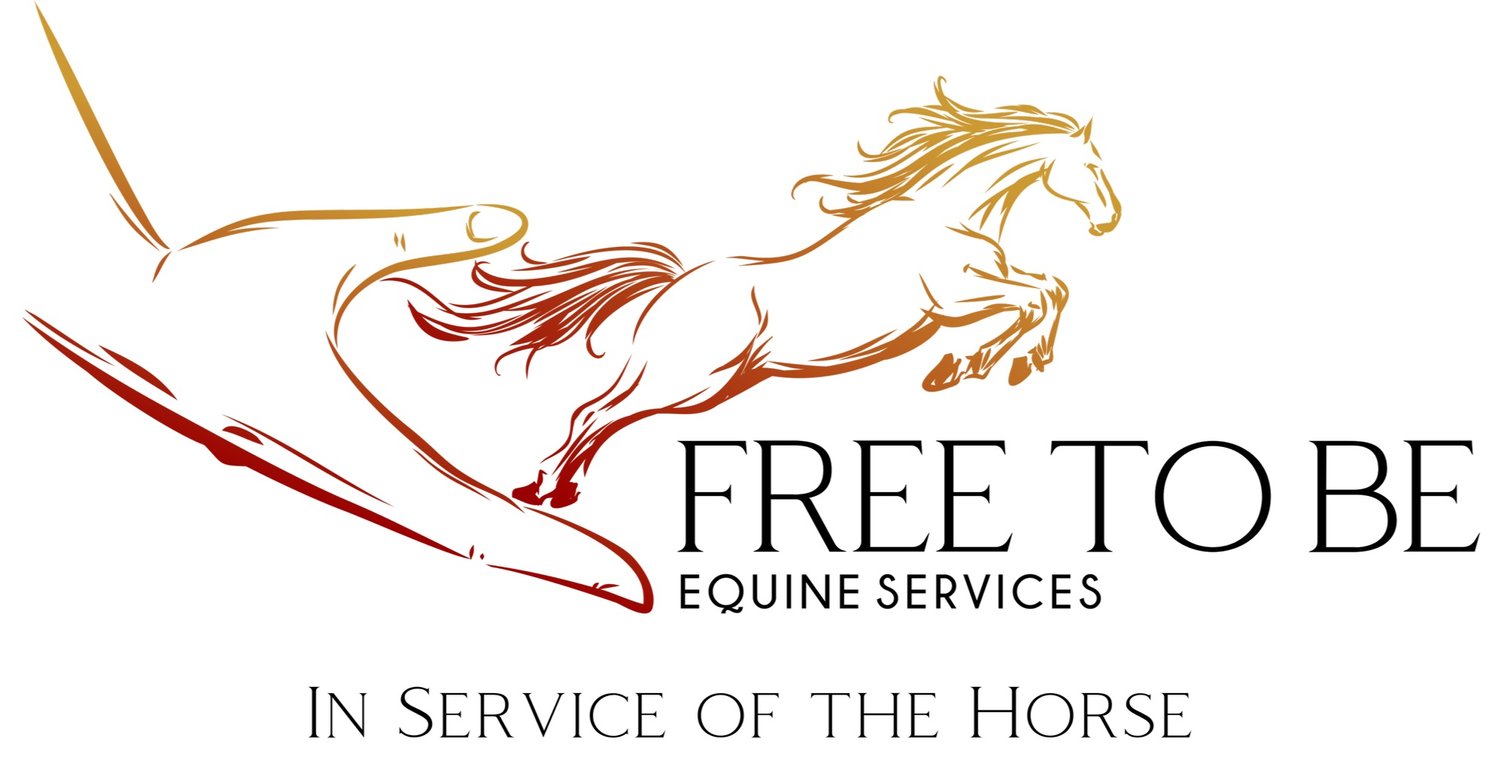When I show a client a new exercise for their horse, or demonstrate an area where they can do some soft tissue therapy of their own, they almost always go in with at least 50% more pressure than I use (physical and energetic pressure). In fact, I'm not sure that I've ever told a client to "push harder" or "use more pressure" or "up your energy".
I understand this tendency, because the assumption is usually that a large animal like a horse requires a lot of pressure. In fact, horses are exponentially more sensitive both physically and energetically than we are. It is also a long and involved process to develop palpation skills and feel, and if you are new on that journey, you will be clumsy with your hands and your energies, and that is totally normal. Even the most developed equine therapists experienced this in the beginning of their skill building, and experience it again when they are not fully grounded in their intention.
If you struggle to create relaxation with your own horse, or find them unwilling to do an exercise that they happily completed with me when I demonstrated it, always go softer. It is my own mantra to myself when I'm working, as well.
Intention is a form of energy that I find most people struggle to control around their horses. Equine therapists have to learn this skill quickly because without it, many horses - especially if they have pain or anxiety - will refuse our touch. It's an ongoing skill development that doesn't occur overnight and is never fully learned. But it is an easy one to begin and when you do, you will notice a significant shift in how your horse responds to you. I plan on incorporating more practice of intention at my sessions by involving the horse's human steward as well. Equine bodywork can be unique in comparison to human therapies because truth be told, there are three of us involved - myself, the horse, and you, the horse's partner.
Thank you to Sandra & Sandy for the beautiful photo of Luna deep in parasympathetic state of relaxation during her session. Luna has sadly since left us - rest in peace, beautiful girl.

